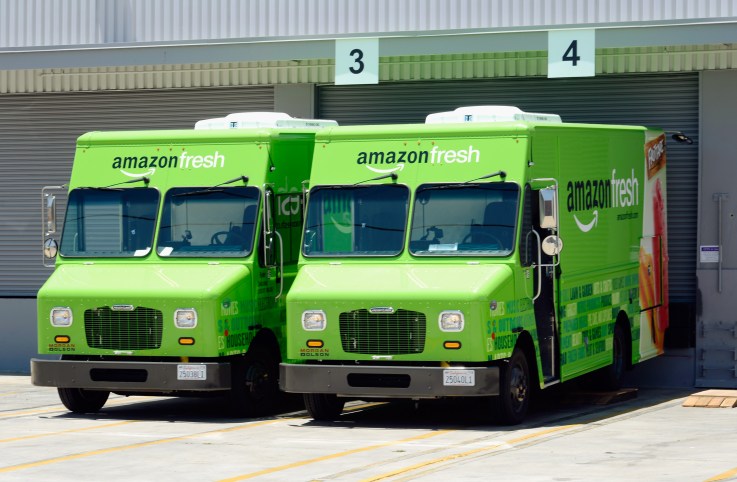
You may have heard the term ‘MRE’ – otherwise known as “Meal, Ready-to-Eat” – bandied about in discussions related to the military or survivalists. Now, it looks like Amazon is exploring ways to produce its own MREs, but with the aim of creating something tasty and satisfying for ordinary consumers, rather than for service people or extreme hikers.
Amazon is looking at using tech originally designed for the military to create meals that are ready for consumption that don’t require any refrigeration. This would help make them much easier to manage from an inventory and logistics standpoint, since warehousing and transportation needs would be far less complex, Reuters reports. Amazon’s difficulties in cracking the grocery and fresh food market has a lot to do with the difficulty in dealing with perishable goods, and this could go a long way to addressing that.
This is also a potential advantage when it comes to Amazon’s efforts in the area of on-demand meal delivery, where it’s already making pilot efforts to compete with dedicated companies in the field like Blue Apron.
The specific tech involved is called ‘microwave assisted thermal sterilization’ (MATS) and involves heating sealed packages of food in high-pressure water baths within microwaves, which helps them keep their original flavour and much of their nutrient content while eliminating bacteria and extending shelf life to up to a year. The process is used by 915 Labs, a startup that is pursuing commercialization of the technology currently.
This doesn’t mean Amazon will actually end up offering this to consumers, of course; it could just be another potential avenue it’s pursuing in grocery and meal delivery that it doesn’t end up deploying as a final product. But it’s an interesting look at the commerce giant’s thought process and research efforts when it comes to addressing the major roadblocks it’s encountering in fielding viable products in this specific area of its business.
More@ https://www.technapping.com
Source: Techcrunch
Comments
Post a Comment